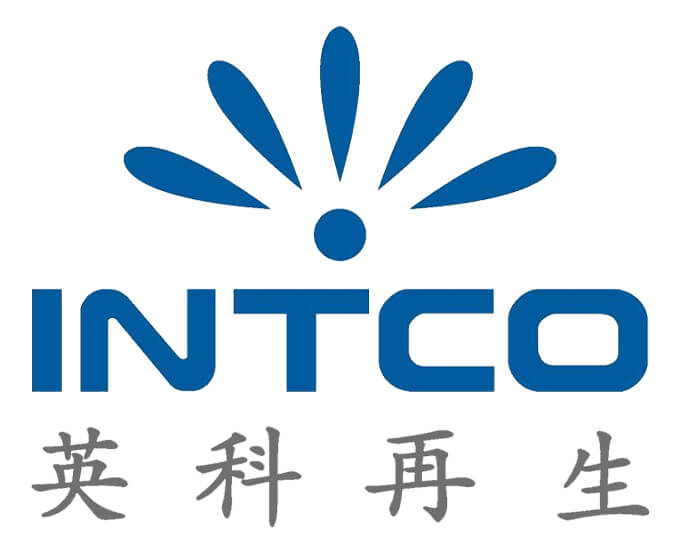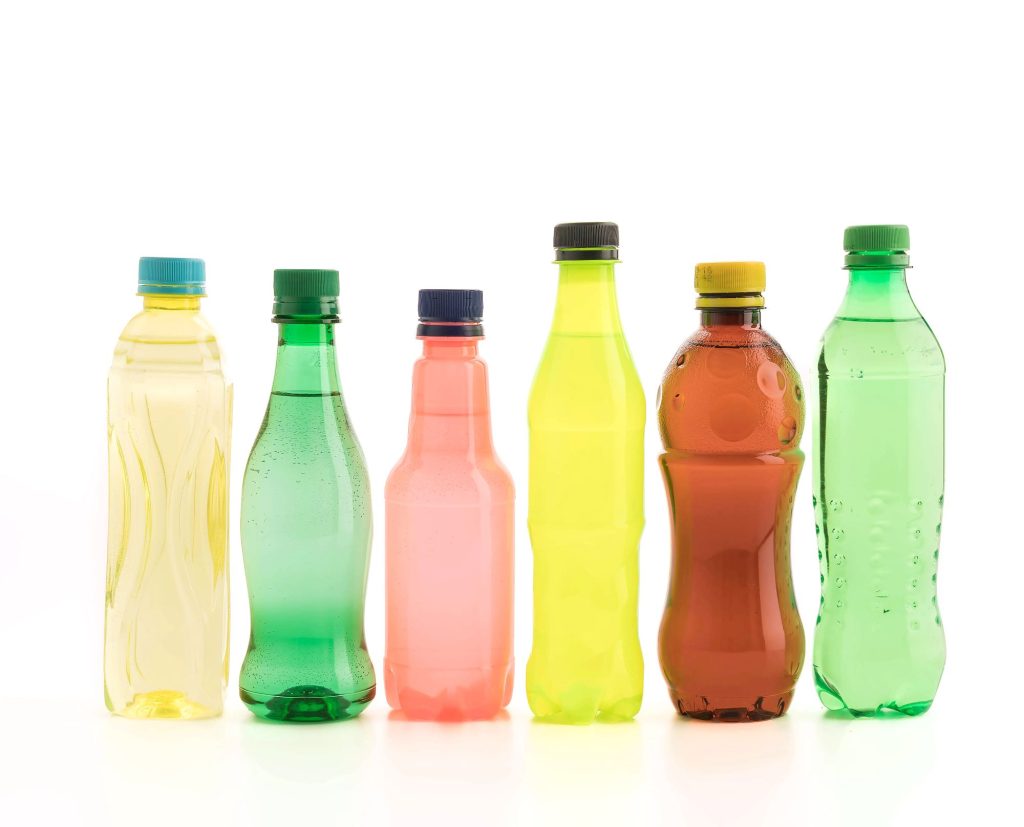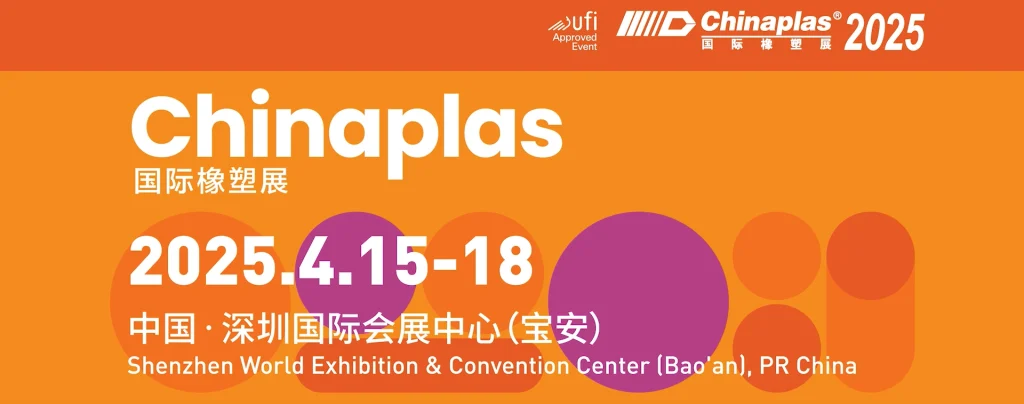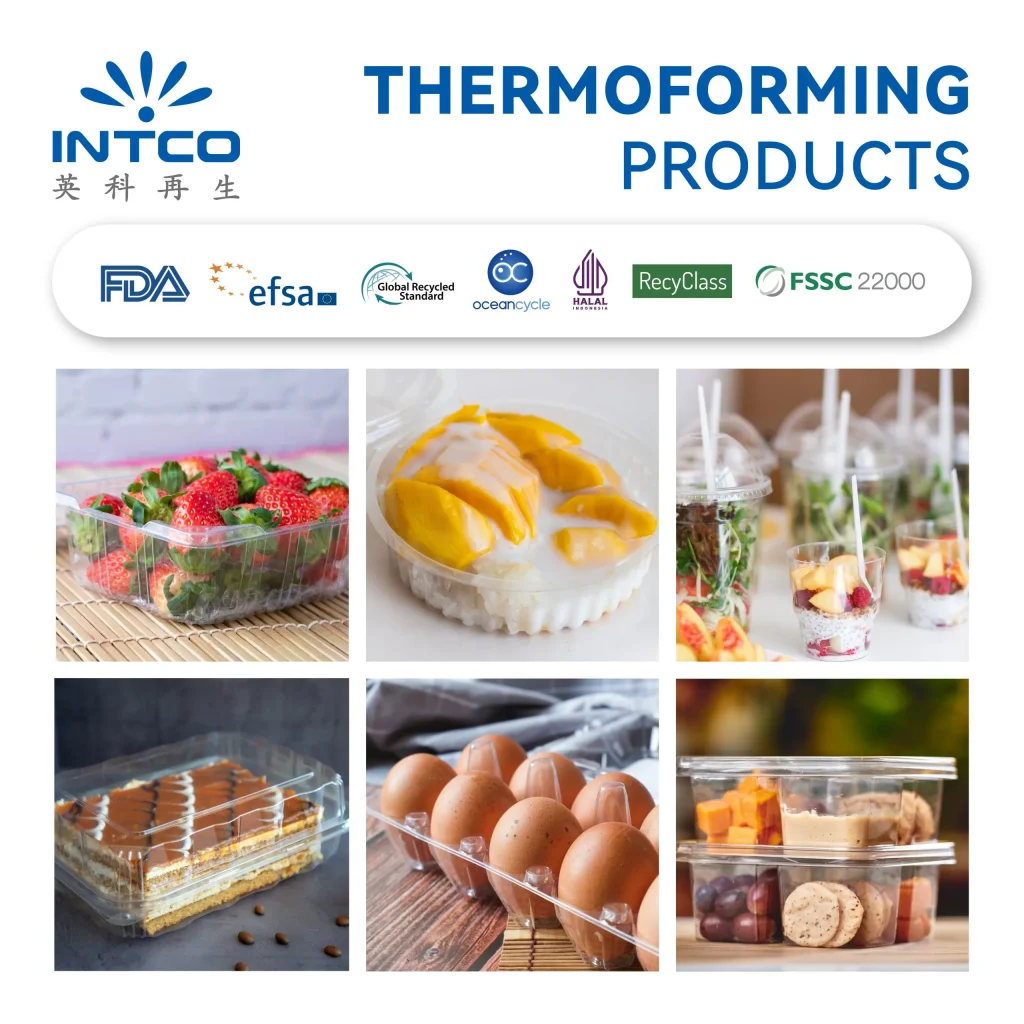Food grade rPET chips/pellets are drawing significant attention in the food packaging industry as a sustainable substitute for traditional packaging materials. With growing concerns among consumers and manufacturers about the environmental impact of plastic waste, there is an increasing interest in recycled plastics that uphold food safety standards. Recycled polyethylene terephthalate (rPET) offers a promising solution, yet many question its safety for use in food packaging. This article examines the complexities of rPET, including its production processes, regulatory standards, safety issues, and the technological advancements that make it suitable for food-grade applications.
Understanding rPET and Its Significance
What is rPET?
Recycled polyethylene terephthalate (rPET) is derived from used PET bottles and containers. The primary goal in recycling PET is to transform waste into a reusable form that can help reduce environmental pollution. Food grade rPET chips/pellets refurbish the original polymer structure, allowing it to meet the stringent requirements for food safety.
Definition and Composition
rPET stands for recycled polyethylene terephthalate, a type of plastic widely used in beverage bottles, food trays, and other packaging materials. The recycling process involves collecting post-consumer PET products, cleaning them thoroughly, and recycling them into new rPET flakes or pellets. These recycled materials maintain the structural integrity and safety standards necessary for food contact applications.
How rPET is Produced
Recycling Process
The recycling process for converting PET into rPET involves several steps, each carefully monitored to ensure the resulting material is safe for food contact. Initially, discarded PET bottles are collected and sorted. They undergo thorough cleaning to remove any contaminants such as labels, glue, and food residues. The clean PET is then shredded into flakes, which form the basis for further processing.
Conversion to Food Grade Material
Transforming PET flakes into food-grade rPET chips/pellets requires advanced technological processes. The flakes undergo a series of decontamination steps, including chemical washing and high-temperature treatments, to eliminate any residual contaminants. The cleansed flakes are then melted and extruded into food-grade rPET chips/pellets, which are rigorously tested to meet food safety standards.
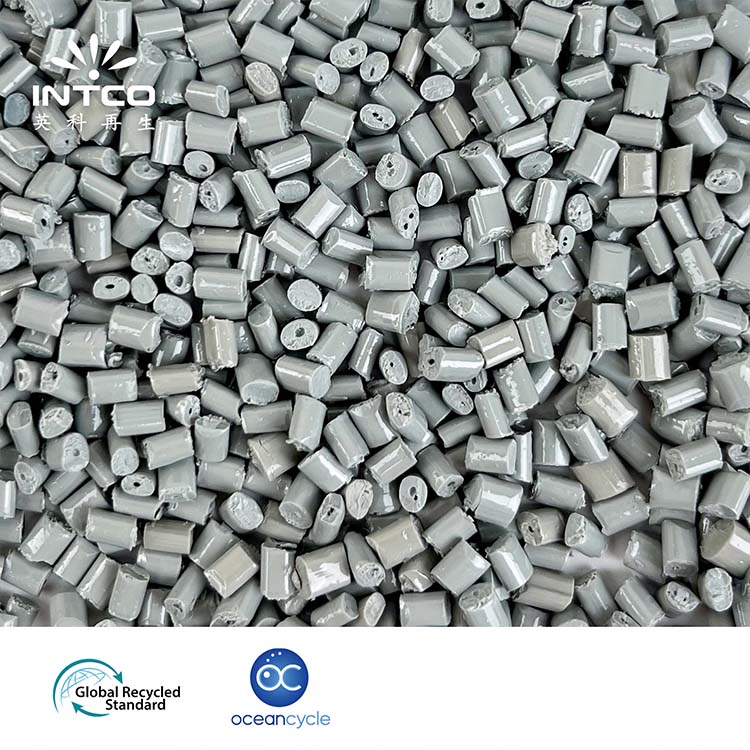
Regulations and Standards Governing Food Grade rPET
International Guidelines and Standards
Ensuring that rPET is safe for food packaging requires compliance with stringent international guidelines and standards. Institutions such as the FDA and the European Food Safety Authority (EFSA) have established rigorous protocols to ensure that food grade rPET chips/pellets are free from harmful contaminants.
FDA Regulations
The U.S. Food and Drug Administration (FDA) mandates that recycled PET used in food contact applications must meet specific purity criteria. These criteria are designed to ensure that the material does not adversely affect human health. Any manufacturer producing rPET for food packaging must obtain FDA approval, demonstrating their compliance with these stringent guidelines.
European Union Regulations
The European Food Safety Authority (EFSA) sets similarly strict standards for rPET used in food contact materials. Manufacturers must undergo a detailed evaluation process, proving that their recycling methods effectively remove contaminants and produce a safe, high-quality product suitable for food packaging.
Compliance and Certifications Required
Securing certifications from regulatory authorities such as the FDA and EFSA is essential for producers of food grade rPET chips/pellets. These certifications ensure that the materials have undergone extensive testing and comply with all required safety standards, offering confidence to both manufacturers and consumers.
Safety Concerns and Considerations
Potential Contaminants in Recycled PET
Types of Contaminants
Despite rigorous cleaning processes, rPET can still harbor potential contaminants from its former life as a consumer product. Common contaminants include residual food particles, cleaning agents, and even chemicals absorbed during its previous use. These must be entirely eradicated to ensure the recycled material is safe for food contact.
Impact on Safety and Quality
Contaminants in rPET can compromise both the safety and quality of food packaging. They might lead to the leaching of harmful substances into food products, posing health risks. Therefore, it is essential to have a thorough decontamination process and ongoing quality control measures to detect and eliminate any potential hazards.
Mitigating Risks Through Testing and Quality Control
Process of Decontamination
Decontamination of PET before it becomes rPET involves a sequence of high-temperature and chemical treatments designed to thoroughly cleanse the material. These processes are engineered to ensure that any contaminants are removed to the fullest extent, making the material safe for direct food contact.
Regular Testing Protocols
Regular testing is crucial to ensure that every batch of rPET complies with the necessary safety standards. Evaluations are performed to detect contaminants, examine the polymer’s structural integrity, and confirm its overall appropriateness for food packaging. rPET is considered safe for use in the food sector only after successfully passing these thorough tests.
INTCO Recycling
With a commitment to sustainable development and environmental responsibility, INTCO has established itself as a global leader in the recycling industry.
INTCO Recycling utilizes recycled resources to create a full supply chain with recirculated plastics. Their innovative processes and cutting-edge equipment enable them to transform recycled plastics into high-quality products. One of their notable achievements is the production of rPET, a type of plastic made from recycled PET bottles.
rPET, or recycled polyethylene terephthalate, is a sustainable alternative to traditional plastics. INTCO Recycling has perfected the art of transforming PET bottles into food-grade PET plastics, ensuring the highest level of safety and quality. By recycling 50,000 tons of PET bottles annually, INTCO saves a staggering 450,000 tons of crude oil, spares 2.7 million trees, and reduces 300,000 tons of carbon emissions. Their commitment to recycling has already eliminated 3.4 million tons of global carbon emissions, reduced 5.1 million tons of crude oil expenditure, and saved 33 million trees.
As a responsible company, INTCO Recycling has acquired the OceanCycle certification, which guarantees the transparency and traceability of their recycled plastic granules. This certification ensures that their products adhere to sustainability standards and bolster the competitiveness of partner brands.
INTCO Recycling’s comprehensive product lifecycle management ensures traceability from raw material recovery to the final sales. Their advanced information recording system enables them to monitor and optimize every step of the recycling process, ensuring the highest standards of quality and efficiency.
Food grade rPET chips/pellets present an excellent opportunity for the food packaging industry to embrace environmentally friendly practices while maintaining safety standards. However, this transition requires adherence to stringent regulations, advanced processing techniques, and ongoing quality control measures. By understanding the significance and regulatory framework governing rPET, manufacturers and consumers can make informed decisions that benefit both the environment and public health.
Advantages of Using Food Grade rPET for Packaging
Environmental Benefits
Using food grade rPET chips/pellets offers numerous environmental benefits that align with global sustainability goals. One of the most significant advantages is the reduction in plastic waste. By recycling PET bottles and transforming them into high-quality rPET, we divert vast amounts of plastic waste from landfills and oceans, mitigating the severe environmental impact associated with conventional plastics.
Reduction in Plastic Waste
The recycling process for PET bottles significantly decreases the amount of plastic waste that could potentially contaminate our environment. When these bottles are converted into food grade rPET chips/pellets, they are repurposed for use in the food packaging industry. This circular method of utilizing plastic greatly minimizes waste buildup and promotes a more sustainable lifecycle for plastic materials.
Lower Carbon Footprint
The production of food grade rPET chips/pellets results in a lower carbon footprint compared to manufacturing virgin PET. Recycling PET requires significantly less energy, which translates to reduced greenhouse gas emissions. By opting for rPET, companies can contribute to lowering their overall carbon footprint, promoting a greener and more sustainable industry.
Economic Benefits
Beyond environmental gains, food grade rPET chips/pellets also offer considerable economic advantages. One of the key economic benefits is cost-effectiveness. Recycling PET is generally cheaper than producing new virgin PET, presenting a financially viable alternative for manufacturers.
Cost-effectiveness Compared to Virgin PET
The production process of rPET incurs lower material and energy costs in contrast to virgin PET. These savings can be passed on to consumers, making sustainable packaging solutions more affordable. Additionally, using rPET helps companies avoid the volatility of petroleum prices, which significantly impact the cost of producing virgin plastics. By stabilizing production costs, companies can plan better, reduce financial risk, and enhance their profitability.
Performance in Packaging Applications
Food grade rPET chips/pellets exhibit outstanding performance in diverse packaging applications, establishing them as a dependable option for manufacturers striving to achieve both environmental and functional criteria.
Durability and Safety of Products Packaged with rPET
The durability and resilience of food grade rPET chips/pellets enable them to safeguard food products effectively. Packaging made from rPET provides excellent protection against external factors such as moisture, oxygen, and light. These properties ensure that the freshness and quality of food are maintained throughout the supply chain, from production to the consumer. Additionally, food grade rPET is rigorously tested to ensure it does not compromise food safety, guaranteeing that packaged products are free from harmful contaminants.
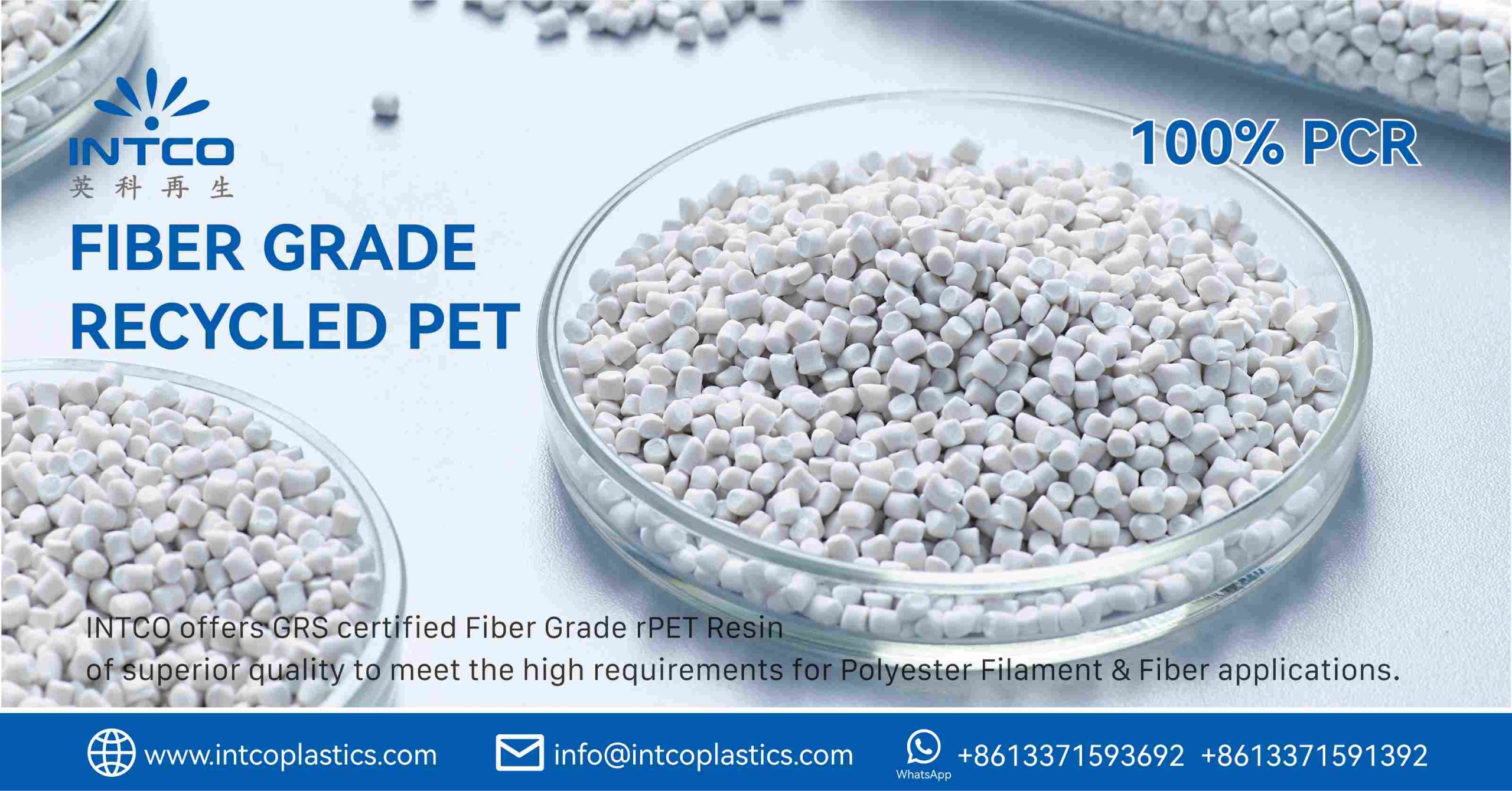
Future Trends and Innovations in rPET Usage
Advances in Recycling Technology
The future of food grade rPET chips/pellets looks promising, with continuous advancements in recycling technology paving the way for even higher quality and more efficient production processes. Innovative technologies are being developed to improve the sorting and decontamination of PET, ensuring that the resulting rPET meets the highest safety standards. New methods, such as enhanced chemical recycling, promise to expand the range of recyclable PET materials, further reducing waste and improving sustainability.
Increasing Adoption by Major Brands
The increasing adoption of food grade rPET chips/pellets by major brands signifies a strong shift towards sustainable packaging solutions. Leading companies in the food and beverage industry are committing to using more recycled materials in their packaging, driven by consumer demand and corporate responsibility initiatives. This trend not only fosters wider acceptance and integration of rPET but also encourages further innovation and investment in recycling infrastructure.
The incorporation of food-grade rPET chips and pellets into common packaging is crucial for tackling the worldwide plastic waste issue. By adopting these and additional eco-friendly practices, the industry can make considerable progress towards a more sustainable future.
In conclusion, food grade rPET chips/pellets present a practical and sustainable option for the food packaging industry. With their reduced environmental impact, cost advantages, and high performance, they offer an effective means to address the problem of plastic waste while ensuring food safety. The ongoing enhancements in recycling technologies and greater acceptance by major brands highlight the future potential of rPET as a cornerstone of sustainable packaging.
